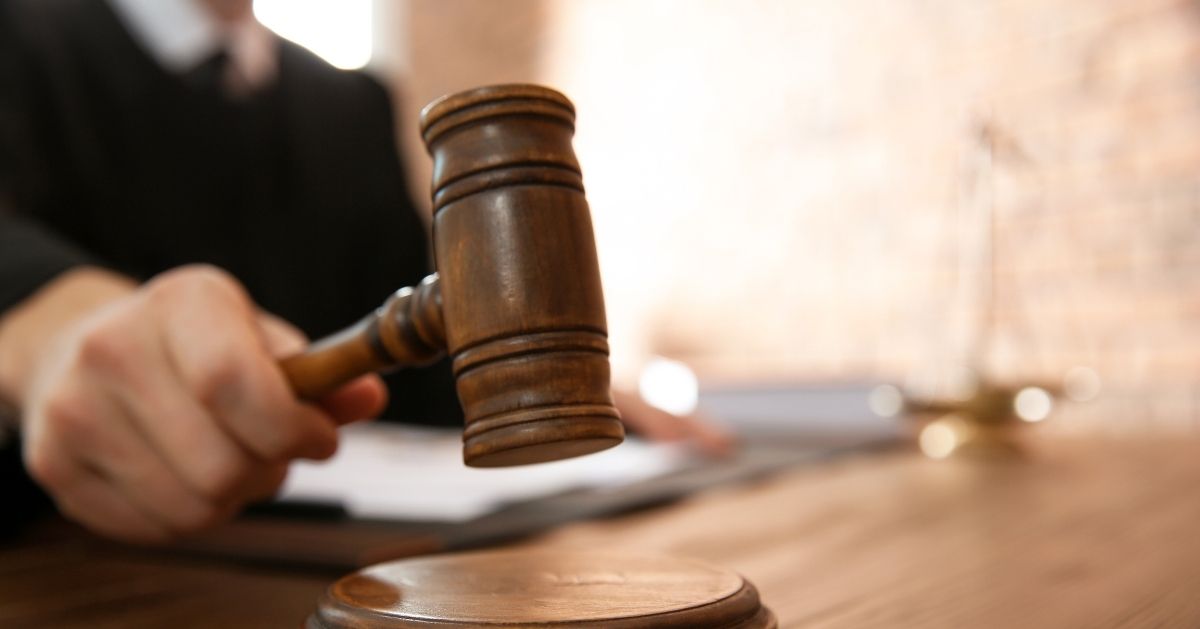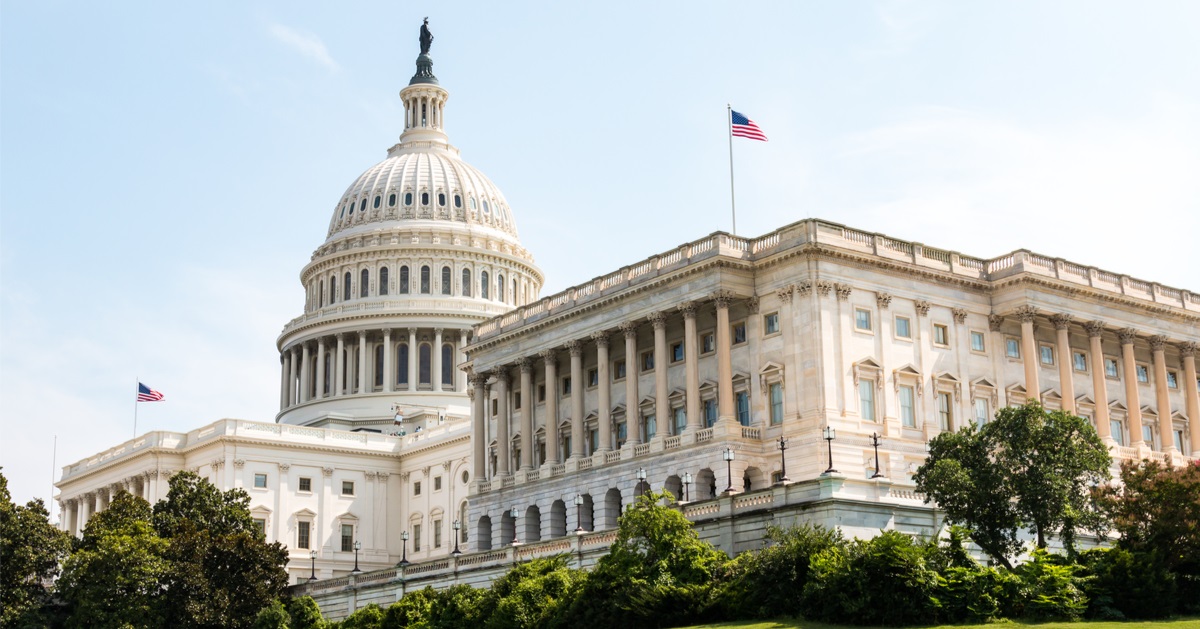The Supreme Court banned ‘Trump too small’ trademarks
A California attorney's attempt to register the phrase "Trump too small" as a trademark was unsuccessful. The ruling came down on Thursday, when the Supreme Court dismissed his objection to the application over his right to free expression.
The attorney, Steve Elster, had intended to trademark the allusion to a controversial and infamous event that occurred at the Republican debate in 2016, with the intention of selling it on T-shirts and other items, according to The Hill.
In a majority judgment that was written by the conservative Justice Clarence Thomas, the Supreme Court instead agreed with the Justice Department that was in place during the Biden administration.
The Biden-era Justice Department upheld the decision of the federal trademark office to not accept Elster's application, due in part to the fact that Trump did not take part in the legal proceedings.
Federal Law
In accordance with a clause of federal law that prohibits the registration of marks that identify a live person without the agreement of that person, Elster's application was denied.
“Elster contends that this prohibition violates his First Amendment right to free speech. We hold that it does not,” Thomas wrote.
Elster's slogan is a nod to the 2016 Republican presidential debate, during which Sen. Marco Rubio (R-Fla.) ridiculed Trump's hand size. Trump referred to Rubio as "Little Marco" during the campaign, which led to the personal nickname for graffiti.
“He referred to my hands,” Trump said during the debate. “’If they’re small, something else must be small.’ I guarantee you there’s no problem. I guarantee.”
The Filing
The paperwork filed by the attorney when he tried to register the slogan in 2018 featured his comments, saying the mark was “political commentary about the smallness of Donald Trump’s overall approach to governing as president of the United States and the smallness of his approach to specific issues as president.”
He eventually took his case to court and prevailed before the District of Columbia U.S. Circuit Court of Appeals by arguing that the restriction infringed upon his First Amendment rights to free speech. Subsequently, the Justice Department submitted an appeal to the Supreme Court.
Elster expressed his disappointment with the outcome in a statement, but he was reportedly not willing to stop selling his merch.
“The decision was disappointing but not unexpected given the oral arguments,” Elster said in a email after the opinion was handed down.
“Trump previously weaponized his own trademarks by intimidating other anti-Trump t-shirt sellers, so any concerns about a trademark being misused to chill political speech with empty legal threats already exists and continues unabated with this decision.”
Judge's Reaction
In response to the filing, the justices weighed in: “This is wrong twice over,” conservative Justice Amy Coney Barrett, who only joined portions of Thomas’s opinion, wrote separately.
“First, the Court’s evidence, consisting of loosely related cases from the late-19th and early-20th centuries, does not establish a historical analogue for the names clause,” Barrett continued, joined by the court's three liberal Justices Sonia Sotomayor, Ketanji Brown Jackson and Elena Kagan.





